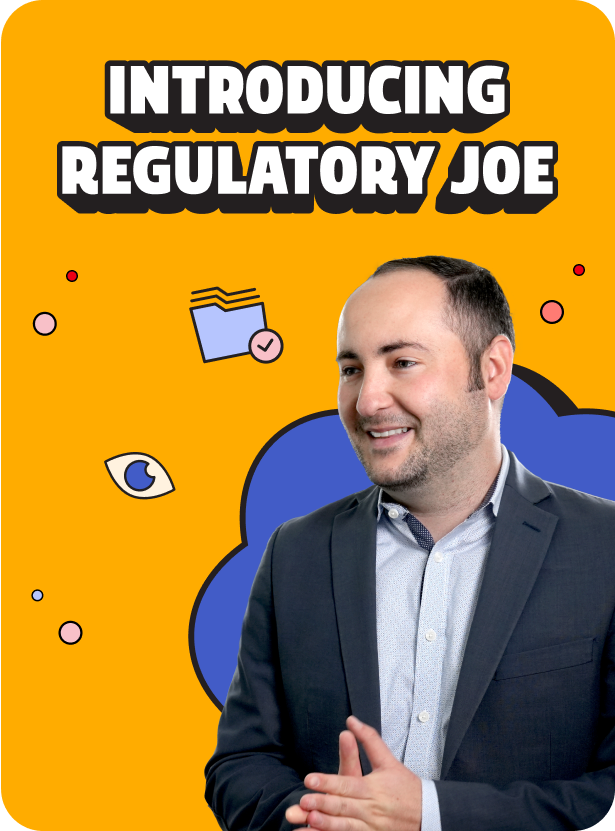A Career in Payment Integrity Focused on Fixing What’s Broken
When Steve Palma first entered the healthcare payment integrity industry in the 1990s, it was on the verge of transformation. Managed care had taken over as the primary type of health insurance, promising streamlined administration and accuracy of claim payments. But as Steve quickly discovered, those promises didn’t align with reality.
At Oxford Health Plans, claim operations was in chaos. Rapid company growth, combined with an operational infrastructure that hadn’t kept pace, led to significant financial losses due to interest and penalties on aged provider claims, claim billing errors and abuse, and overall waste and inefficiency. What was supposed to be an efficient, tech-driven managed care company was saddled with a massive number of claim payment errors, provider disputes and member dissatisfaction.
A problem-solver by nature, Steve didn’t just patch issues—he and a small group of emerging leaders at Oxford completely overhauled its processes and systems. One of his first major challenges was overhauling Oxford’s Special Investigations Unit, which had been staffed with former law enforcement officers rather than healthcare professionals. At the time, fraud investigations at Oxford—and at most other payer organizations—were more about supporting law enforcement in prosecuting the crime of fraud than stopping and recouping the resulting financial losses. Steve restructured the unit, bringing in claims experts who understood the intricacies of health insurance benefits and claim adjudication. He shifted the focus from merely supporting law enforcement in investigating one-off fraud schemes to proactively preventing systemic fraud and abuse-related overpayments.
That experience shaped his career. He saw firsthand how claim billing and payment errors weren’t just minor issues occurring on the periphery of claim adjudication—they were systemic and baked into the system. As he moved deeper into developing and implementing progressive payment integrity strategies, he made it his mission to do more than just recover overpayments. He wanted to identify the root causes and prevent those losses in the first place. More than 25 years later, Steve now works with healthcare payers as clients rather than as an employee—yet his commitment to that core mission remains the same.
The Big Problem with Payment Integrity Today
Decades later, fundamental issues in claim billing and payment persist. Many healthcare payers still depend on outdated benefit administration and claim payment technology, supported by understaffed and under resourced teams. Meanwhile, regulatory and market demands for faster claim processing to providers means less and less time for in-depth claim accuracy reviews. The result- more payment errors, not less.
Payment integrity fee structures have also failed to evolve, further perpetuating systemic claim overpayments for payers. The contingency model—where vendors are paid a percentage of the dollars they identify—creates a conflict of interest. PI vendors are incentivized to find the same errors repeatedly rather than work with payers to fix the root causes. In many cases, health plans aren’t even given clear explanations for why claims were overpaid.
The result? A system that incentivizes a never-ending cycle of overpayments, provider disputes, and overall frustration for payers and providers alike. In today’s health insurance landscape, where high-deductible and coinsurance policies are the norm, this issue increasingly impacts members as well—who often bear the burden of overpaid claims through higher out-of-pocket costs.
How Penstock Is Breaking the Cycle & Moving Away from Contingency
Under Steve Palma’s leadership, Penstock has reinforced its commitment to delivering comprehensive payment accuracy solutions that address systemic errors in healthcare billing. Rather than repeatedly identifying the same overpayments to maximize revenue, Penstock focuses on preventing systemic claim overpayments at the source.
Instead of withholding “proprietary” insights to maintain contingency fee payments on recurring overpayments, Penstock empowers payers with the information they need to address systemic overpayments at the source. Penstock believes these insights rightfully belong to its clients, providing them as a core part of its service.
This means:
- Providing detailed root-cause analysis instead of vague overpayment descriptions
- Educating payers and providers on how to prevent recurring errors
- Reducing friction with providers by ensuring accuracy the first time
- Improving the member experience by removing inefficiencies and errors from the system
Most payment integrity companies say they do the same but it’s often marketing friendly lip-service. For Penstock, it’s our core business model.
The Future of a Successful Payment Integrity Industry
For too long, the contingency fee model has incentivized the continuation of systemic overpayments rather than solving them. Traditional payment integrity vendors profit from repeatedly identifying the same errors without addressing their root causes—keeping payers locked in a cycle of overpayment and recovery.
A shift is underway. The future of payment integrity must prioritize long-term solutions over short-term gains. One approach Penstock is actively discussing with clients is a hybrid model that blends a low fixed fee with a time-limited contingency payment, tied to specific overpayment “concepts” identified. This ensures that vendors are incentivized to fix systemic issues rather than simply capitalizing on them.
Looking ahead, AI will also play a critical role in reshaping payment integrity. Advanced technology can make auditing faster, more accurate, and more comprehensive—but AI alone won’t fix a broken system. It must be paired with human expertise to interpret findings, ensure accuracy, and collaborate with payers to drive meaningful change.
Penstock is actively developing a first-of-its-kind large language model (LLM)-driven AI solution tailored for the payment integrity industry. As the landscape evolves, such technology will shift from a competitive advantage to an industry necessity. But as Steve puts it, “Better tech isn’t enough. Payers need partners who are invested in actually fixing the system.”
A Mission to Change the Industry—for Good
After more than 25 years in payment integrity, Steve Palma isn’t here to maintain the status quo. He’s here to change it.
“We’re in a dysfunctional healthcare system where waste is built into the process,” he says. “Penstock is one of the few companies willing to take a different approach—one that’s not about squeezing every last dollar out of contingency but actually fixing the system, so it works better for payers, providers and ultimately, patients.” Steve emphasizes the importance of a balanced strategy, akin to the Goldilocks approach to payment integrity, ensuring solutions are customized to fit each health plan’s unique needs.
With Open Intelligence, AI-driven innovation, and a deep commitment to transparency, Penstock is proving that payment integrity can be done differently.
And if Steve Palma has his way, the industry will never look the same again.









